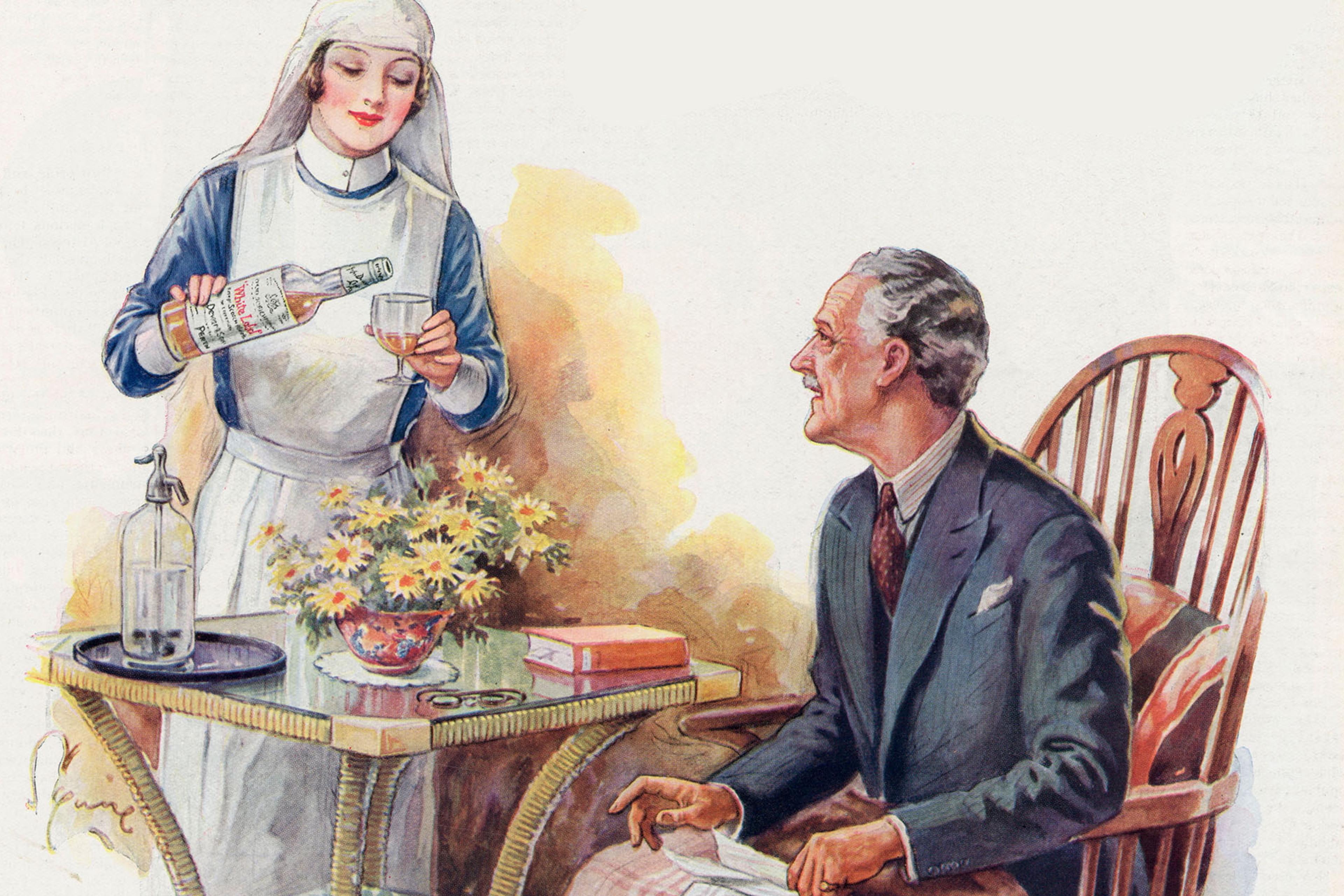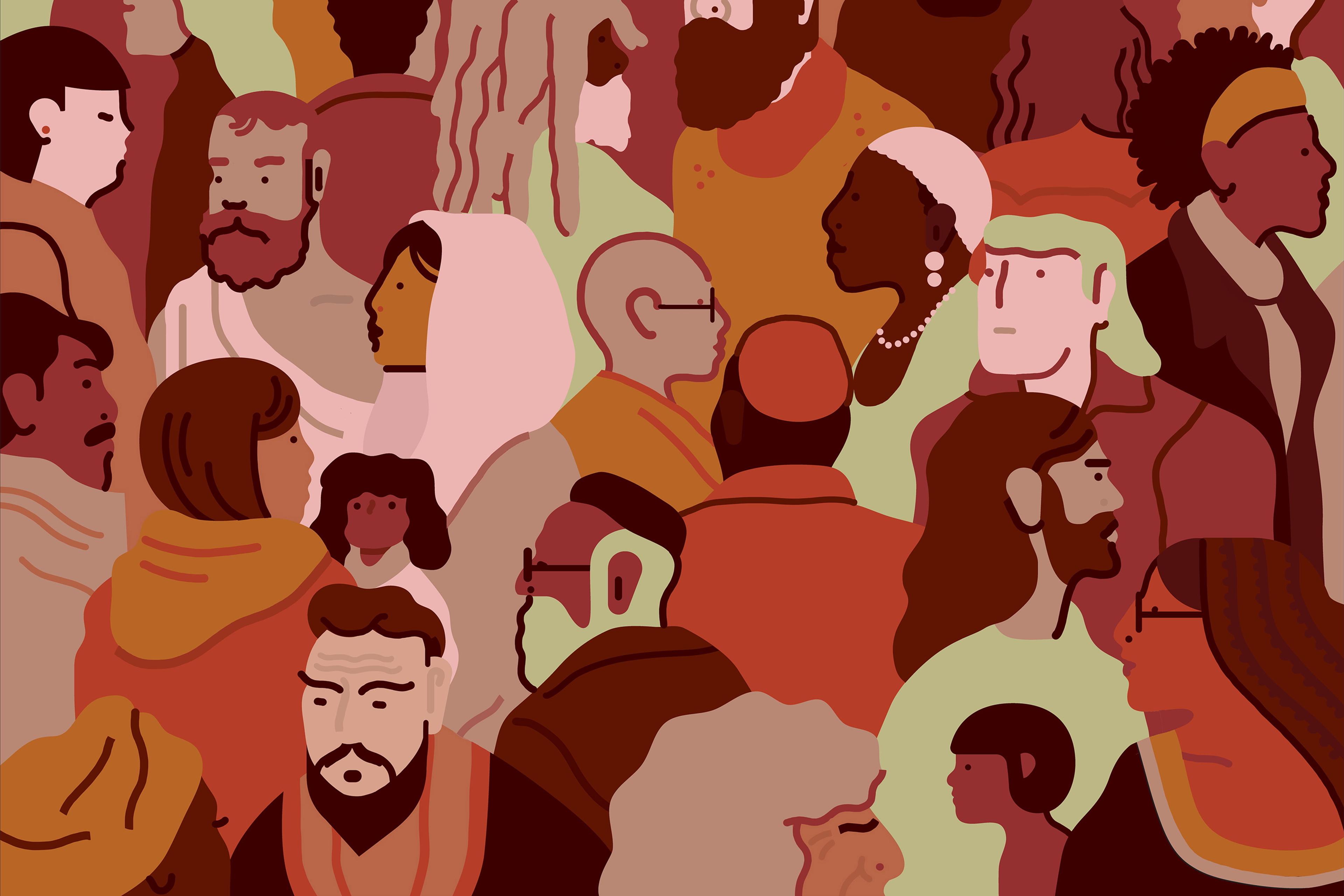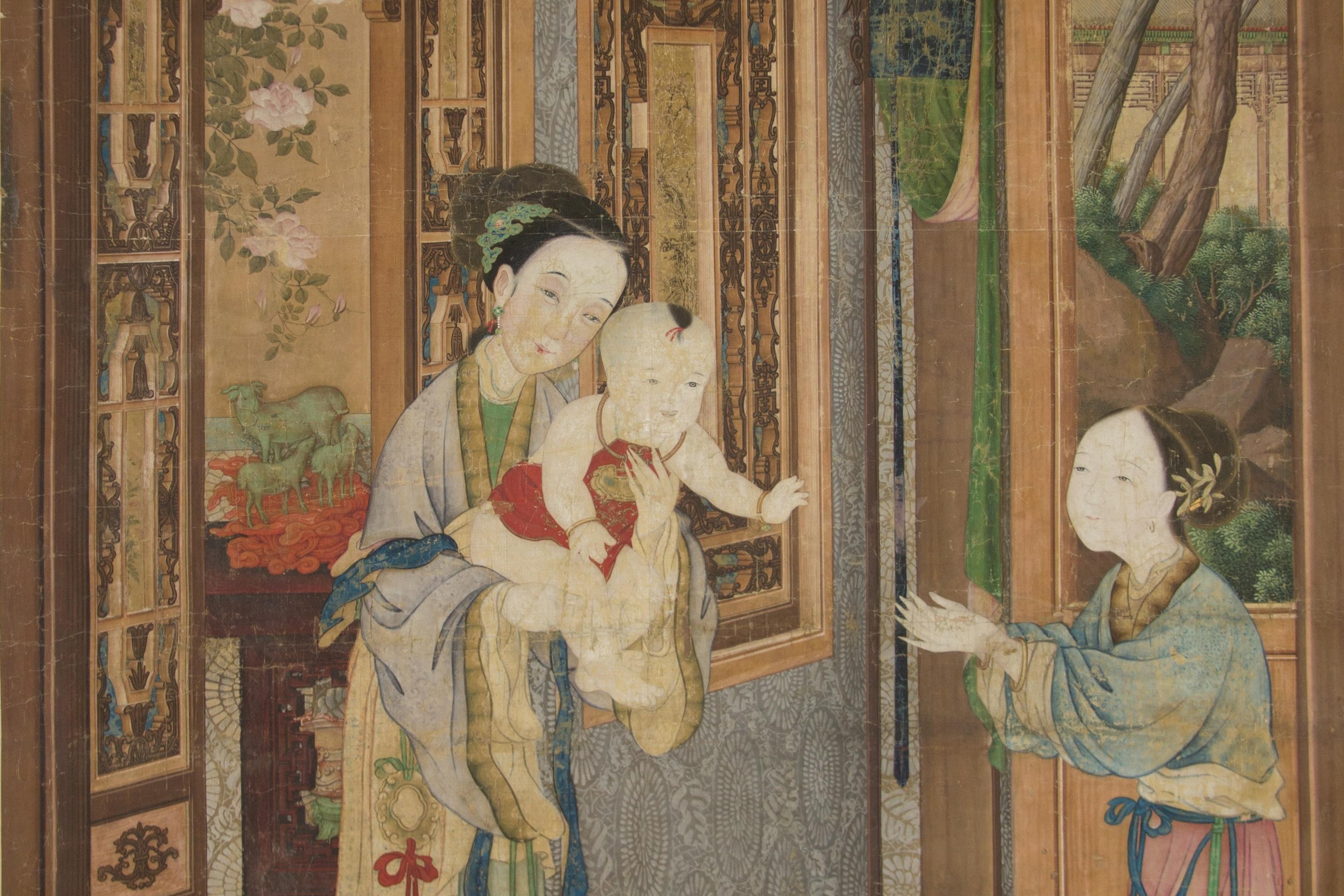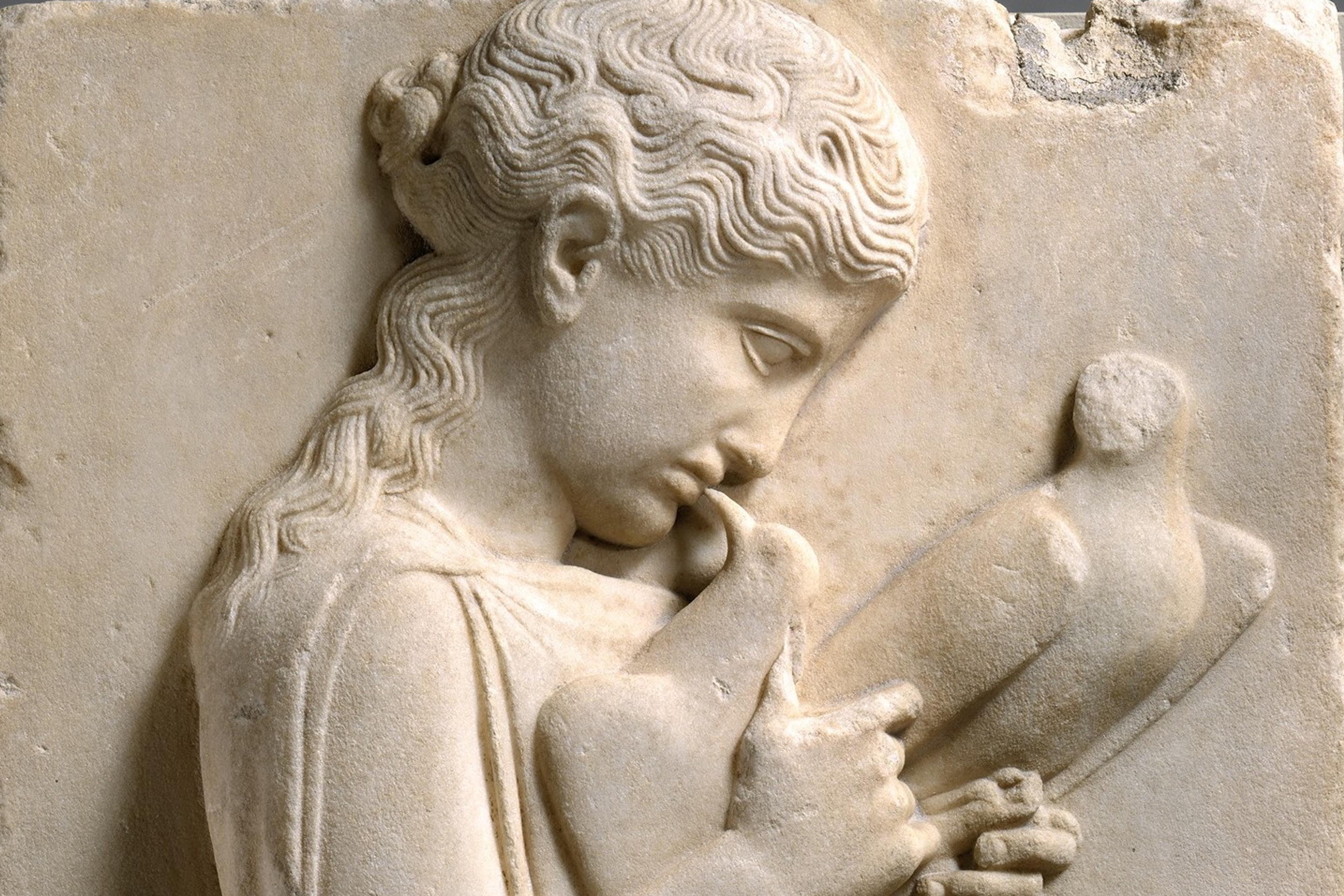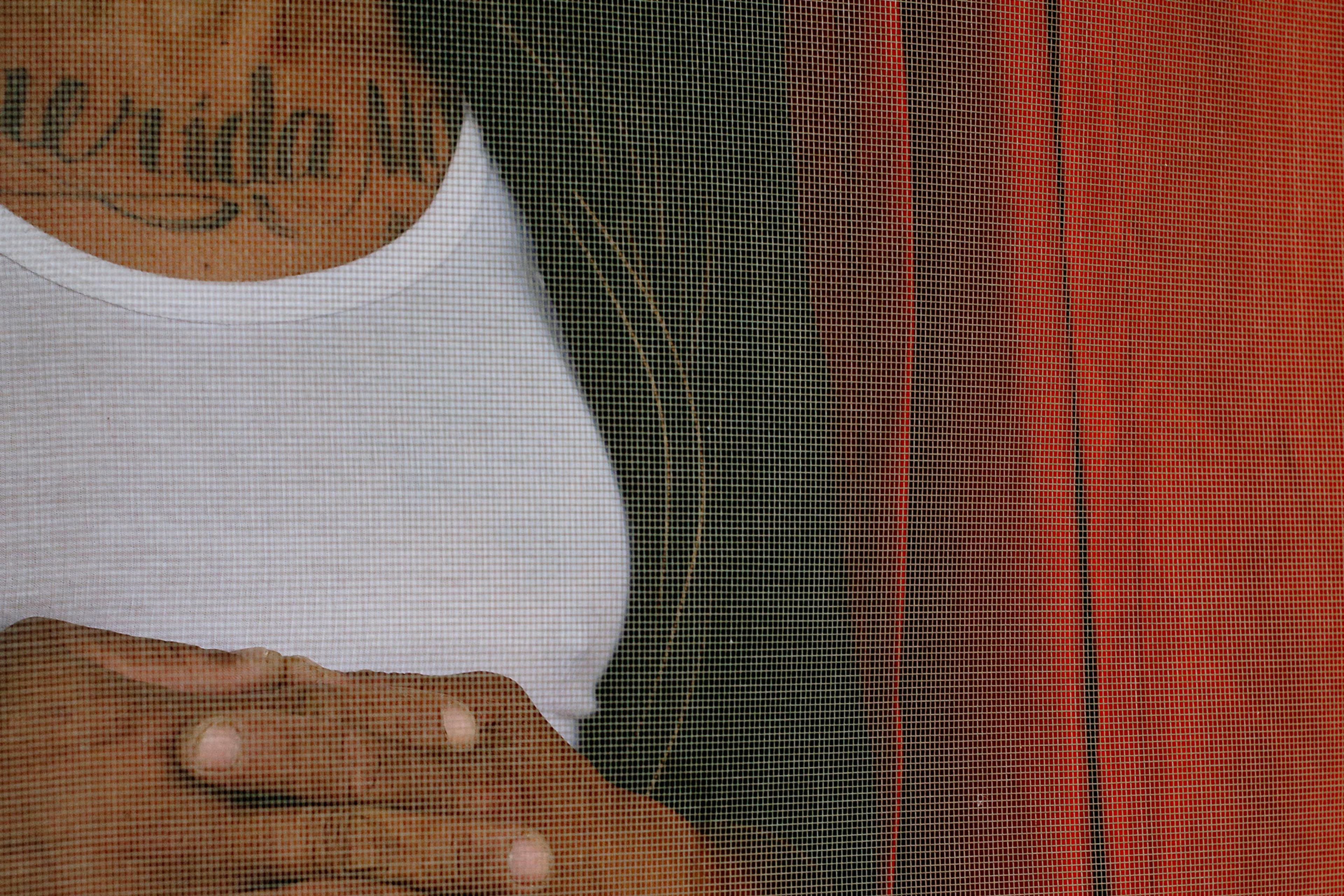It was a warm afternoon in August in Boston – a wedding filled with vibrant Ghanaian and African fashion: dazzling kente, flowing lace and golden beads catching the light. As the ceremony concluded, two elders, one from each family, offered words of advice to the newlyweds. Each spoke for five minutes, weaving reflections on partnership, resilience and shared growth. But it was their closing proverbs that struck me most – so effortlessly profound, yet deeply instructive. ‘One hand washes the other, and together, they wash the face,’ one said, a poignant reminder that mutual support strengthens both individuals and the relationship. The second elder concluded with: ‘When you gather firewood, you invite others to light their fire,’ underscoring the idea that generosity and shared success cultivate deeper relationships.
Long before psychology measured wellbeing, cultures worldwide embedded its principles into daily life. Confucian ideals stress gratitude and duty, aligning with research on positive relationships. Native Hawaiian Aloha Spirit fosters kindness, much like modern studies on prosocial behaviour show its benefits. Indigenous Australian Dadirri encourages deep listening, paralleling mindfulness practices. Old Norse philosophy values perseverance – what psychologists now call grit. The Māori concept of whanaungatanga emphasises interconnectedness, echoing research on social support. Islamic teachings on gratitude align with studies linking appreciation to happiness. Zen Buddhism’s focus on presence mirrors findings on mindfulness. Across cultures, resilience, kindness and meaning have been woven into traditions for centuries.
These global ideals find particular resonance in Ghanaian culture, where proverbs and Adinkra symbols serve as vessels of ancestral knowledge, each one carrying layered meanings about resilience, purpose, kindness and character, woven into cloth, echoed in speech and honoured in everyday community life.
My interest in African proverbs is deeply rooted in my upbringing in a small Ghanaian town, where wisdom wasn’t found in textbooks, but in the voices of elders. My grandfather, an unassuming church elder and community mediator, rarely gave advice or resolved conflict without invoking a proverb. Whether calming tensions between feuding neighbours or offering a sermon on a quiet Sunday, he always reached for one. And there was always one – perfectly timed, profoundly apt. I began to notice this wasn’t just his gift; it was cultural. In weddings, funerals, markets and disputes, proverbs were deployed with grace and gravitas – to heal, to teach, to persuade. They distilled complexity into clarity.
Now, as a clinical psychologist and research implementation scientist, I see these proverbs differently: not just as cultural artefacts, but as accessible tools for communicating psychological truths. I am also a positive psychologist – trained not only to understand what goes wrong in the human psyche, but also what makes life worth living. Whereas clinical psychology often focuses on diagnosing and treating mental illness, positive psychology is concerned with cultivating wellbeing, meaning and human strengths. It’s this strength-based, future-facing lens that has drawn me to African proverbs – rich with the very values that positive psychology seeks to understand and amplify, but framed in language that communities already live by.
Consider this Akan proverb from Ghana: ‘Prayetia etwi adwareye no, na ɛno nso ho efiri’ (‘As a short broom is used to clean the bathroom, it also gets cleaned’). Commonly cited in Ghanaian pedagogical and sociocultural scholarship, this proverb reflects the Akan ethic of positive reciprocity, reminding us that, in helping others, we too are supported and renewed. Beyond its practical imagery lies a profound truth – helping others benefits the helper just as much as the recipient. Research affirms this principle, referred to by psychologists as the reciprocity effect. Studies show that acts of kindness enhance wellbeing and strengthen relationships. For instance, in one study, participants who performed five acts of kindness in a single day experienced significantly greater increases in happiness than those who spread the acts over a week. Similarly, other research found that prosocial behaviour not only boosts the recipient’s mood but also enhances the giver’s sense of connectedness and emotional wellbeing.
‘The truth may be bitter, but it lasts longer than a lie,’ says a West African proverb
‘When you rise, remember those who helped you climb,’ says another Akan proverb from Ghana. It is easy to believe in the illusion of self-sufficiency, to think that our successes are entirely self-made. But no one achieves greatness alone. The mentors who shared wisdom, the family who provided support, the friends who lifted us in moments of doubt – our triumphs are built on the sacrifices and encouragement of others. Research on gratitude confirms that acknowledging the role of others in our success not only strengthens relationships but also fosters long-term happiness. Simple acts, like expressing appreciation to a mentor or writing a note of thanks, reinforce our social bonds and make us more fulfilled. A recent study found that people who engaged in brief, daily gratitude reflections experienced greater emotional wellbeing and increased connectedness. The findings underscore that recognising the contributions of others isn’t just polite, it’s a powerful psychological practice that deepens fulfilment and strengthens the very relationships that help us thrive.
In any community, integrity remains the foundation of trust. ‘The truth may be bitter, but it lasts longer than a lie,’ says a West African proverb, rooted in Yoruba and Akan traditions, often invoked in both moral instruction and conflict resolution to underscore the enduring power and relational value of honesty. Research in positive psychology affirms the many benefits of truthfulness. One study found that individuals who scored higher on measures of honesty also reported greater self-control and life satisfaction.
Finally, consider the principle that meaning gives life depth. ‘Wisdom is like a baobab tree; no one individual can embrace it,’ says a Ghanaian proverb widely attributed to the Akan people and the Mandinka of West Africa, though its imagery and message resonate across many African cultures where the baobab is revered as a symbol of knowledge and endurance. This proverb reminds us that purpose is a shared pursuit; that wisdom, like the mighty baobab, thrives through collective insight and cannot be monopolised by any one person. The psychologist Martin Seligman’s research affirms that a sense of meaning is a crucial component of wellbeing, shaping a life of lasting significance. Recent studies have extended this, showing that people who pursue meaning through community, service or shared goals report greater life satisfaction and resilience than those who seek it solely through personal achievement. This reinforces what the proverb captures so vividly: that purpose is not a solitary quest, but something built, and sustained, together.
Far from being relics of the past, African proverbs are blueprints for a meaningful life – they function as natural positive psychology interventions fostering emotional resilience and promoting social harmony. This raises a question I find both urgent and exciting: what can African proverbs gain from positive psychology, and vice versa? After all, African proverbs and positive psychology each offer distinct, but equally powerful contributions to our understanding of wellbeing.
Proverbs distil generations of lived experience into compact, memorable truths. They’re culturally grounded, emotionally resonant, and have long served as vehicles for teaching resilience, responsibility and hope. But they’re rarely tested, structured or measured in systematic ways. That’s where positive psychology comes in. It offers the empirical tools to evaluate what works, for whom and why. For example, it allows us to assess whether a proverb-based message on gratitude measurably boosts emotional wellbeing, or whether one on perseverance strengthens coping skills after loss.
And the benefit flows both ways. Positive psychology, still largely shaped by Western norms and individualistic values, risks overlooking the communal, relational and spiritual dimensions of flourishing that proverbs consistently highlight. A proverb-based positive psychology intervention might, for instance, use a saying like ‘When the roots of a tree begin to decay, it spreads death to the branches’ (Yoruba) to anchor a group discussion on self-care and interdependence, drawing out reflections on how one’s own wellbeing affects others. Positive psychology provides the scaffolding; proverbs bring the soul.
Incorporating proverbs into therapy and coaching could strengthen trust and improve engagement
The mutual enrichment between African proverbs and positive psychology opens the door to more inclusive and effective approaches to mental health, ones that reflect the cultural values and everyday realities of people in Africa and across the Global South. While positive psychology offers empirical tools and structured interventions, its one-size-fits-all interventions often overlook cultural nuances. Proverbs bring cultural depth, lived resonance and moral imagination. Together, they could allow mental health strategies to speak not only to the mind, but to the heart and memory of communities. This fusion of science and tradition does not dilute either; it amplifies both.
Research suggests that people engage more deeply with interventions that align with their cultural beliefs. At a practical level, incorporating proverbs into therapy and coaching interventions could strengthen trust and improve engagement. Rather than imposing external therapeutic models, proverb-based positive psychology interventions validate Indigenous ways of knowing, creating interventions that feel authentic and culturally congruent.
Researchers in Ghana are now exploring how positive psychology can work in tandem with Indigenous wisdom – not to replace it, but to structure and strengthen it. Imagine a group-based intervention focused on emotional resilience. At the start of the session, participants reflect on life challenges, guided by a familiar proverb: ‘However long the night, the dawn will break.’ The facilitator weaves this into a lesson on reframing negative thoughts. At the end, the same proverb is echoed back, not just as a closing line, but as a practical tool for coping, reinterpreted through cognitive behavioural strategies.
Later that week, participants receive an SMS reminder: ‘Remember, however long the night…’ – linking a familiar proverb to the intervention’s key takeaway. In this way, the proverb becomes more than wise counsel; it becomes a living intervention tool, woven into the fabric of learning and daily life. Positive psychology offers the method; proverbs offer the voice. Together, they bring science and tradition into conversation, creating interventions that are not only evidence-based, but culturally grounded and emotionally resonant.
A farmer tending his crops, a mother comforting her child, a leader making a difficult decision – all turn to proverbs for guidance. Yet, despite their rich psychological value, they remain largely absent from mainstream (positive) psychology. I have proposed the CAPPI framework (Customisation and Application of Proverbs in Positive Interventions) as a structured way to integrate proverbs into positive psychology and mental health interventions. CAPPI can help researchers and practitioners to identify culturally relevant proverbs, align them with scientific psychological principles, and design interventions that enhance emotional regulation, strengthen social bonds and cultivate resilience. Unlike one-size-fits-all models, CAPPI ensures that wellbeing strategies resonate deeply with local values. The framework bridges Indigenous wisdom with scientific research, paving the way for globally adaptable and culturally intelligent interventions that honour the richness of diverse healing traditions.
This work has a broader vision: to push psychology beyond its Western roots and towards a globally inclusive future. Imagine if psychology wasn’t just studied in labs but lived in everyday conversations and cultural wisdom. Science should not only validate Indigenous wisdom but actively incorporate it into interventions and mental health frameworks. If psychology is to serve the world, it must reflect the full diversity of human experience.


